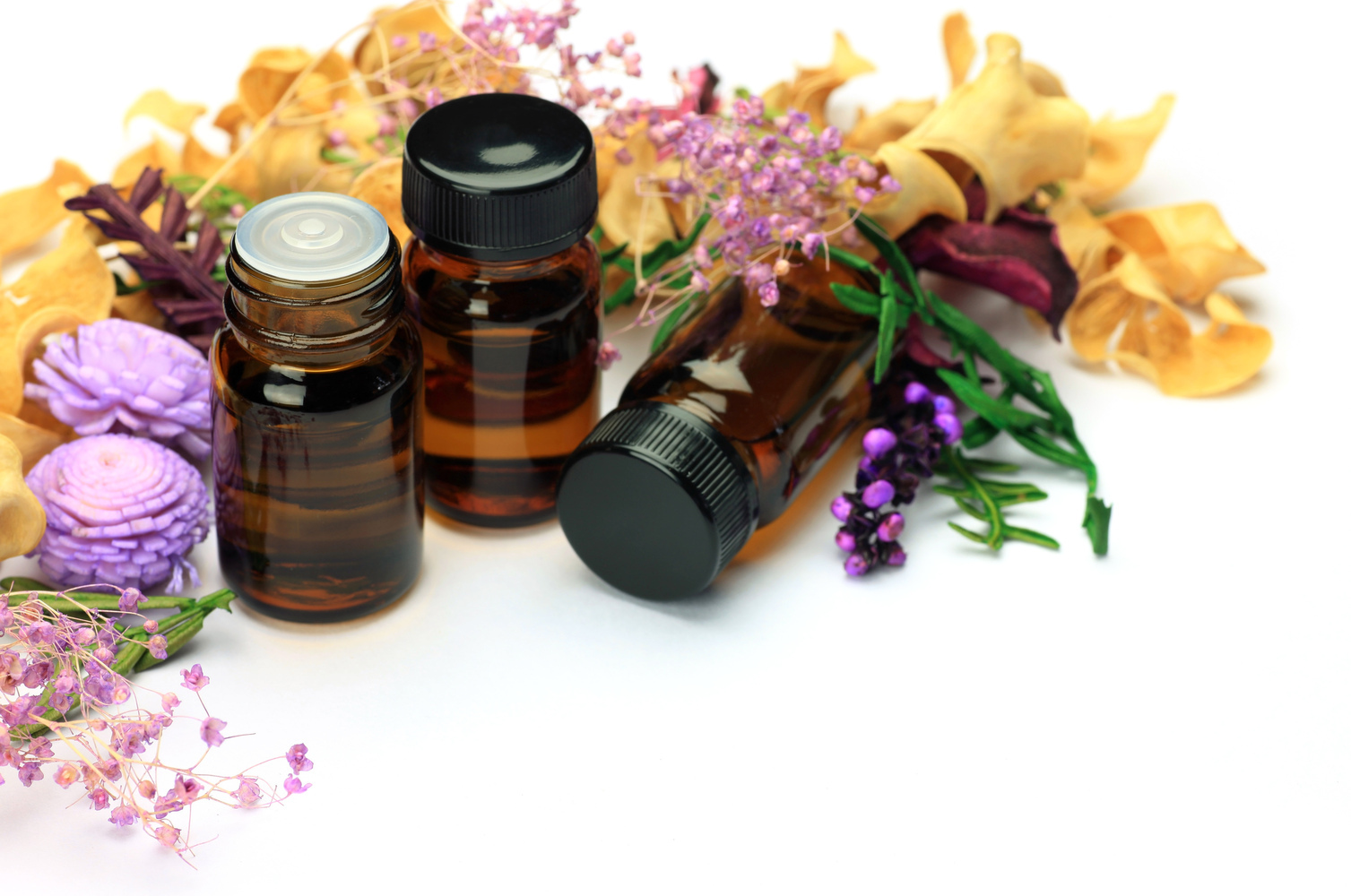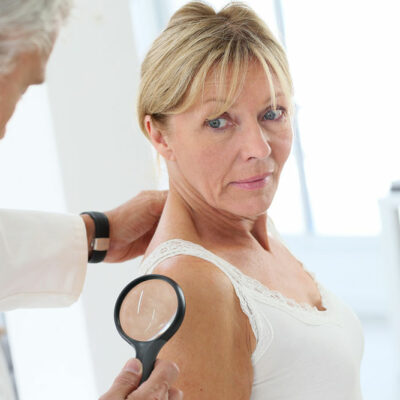
7 Skincare Ingredients That Can Worsen Eczema
Eczema is an inflammatory skin condition that leads to itchy, scaly, red patches forming on the skin’s surface. Some types of eczema can cause blisters on the surface of the skin. Based on statistics, at least 10% of Americans suffer from eczema. While there is no cure for eczema, patients need to be particularly careful of the products they use to clean and moisturize their skin. The following ingredients are common triggers for eczema and atopic dermatitis flare-ups:
1. Lanolin
Lanolin is a common product in soaps and other topical moisturizers. While it can make your skin look glossy and healthy, it comes with a downside worth considering. For instance, many patients with sensitive skin and allergies to sheep’s wool, which lanolin is derived from, develop allergies to lanolin, and break out in red, inflamed patches of skin.
2. Cocamidopropyl Betaine
While we’ve come to believe that any product made with coconut oil is natural and moisturizing for the skin, many eczema patients react negatively to Cocamidopropyl betaine. This is a common surfactant used in cleansing products, such as body washes, shampoo and facial cleaners. In fact, this product is known to cause redness and swelling, worsening the symptoms of eczema.
3. Essential oils
While certain essential oils may have beneficial properties for eczema prone skin–others can be too harsh on already sensitive skin. For instance, tea tree oil, although excellent for use on acne-prone skin and as an antibacterial agent, has been known to irritate and worsen the symptoms of atopic dermatitis and contact dermatitis.
4. Ethanol
Many gels contain ethanol, a form of alcohol, because it’s lightweight and evaporates in seconds on areas of the body covered with hair. However, ethanol has been known to be too harsh on sensitive skin, causing burning, stinging, and dehydration that worsens eczema.
Many gels contain ethanol, a form of alcohol, because it’s lightweight and evaporates in seconds on areas of the body covered with hair. However, ethanol has been known to be too harsh on sensitive skin, causing burning, stinging, and dehydration that worsens eczema.
5. Artificial fragrances
Artificial fragrances are added to personal beauty products to make them smell better, in some cases to cover the harsh scents of other ingredients in a product. As such, folks with sensitive skin issues tend to react negatively to products with a lot of added fragrance.
6. Retinoids
Retinoids have a close relationship with vitamin A. Apart from their anti-aging properties, retinoids are utilized to treat and manage acne. However, they are highly irritating and a common trigger for eczema flare ups in patients with sensitive skin.
7. Propylene glycol
Propylene glycol is a common emulsifier, used in several body washes and creams. However, patients already taking antihistamines or topical steroids to treat allergies or eczema, often react badly to propylene glycol.
If you suffer from eczema, chances are that your skin is sensitive. Therefore, avoiding harsh chemicals and irritating ingredients should be routine to avoid the adverse effects. If you are unsure, seek consultation or advice from a doctor or dermatologist.


